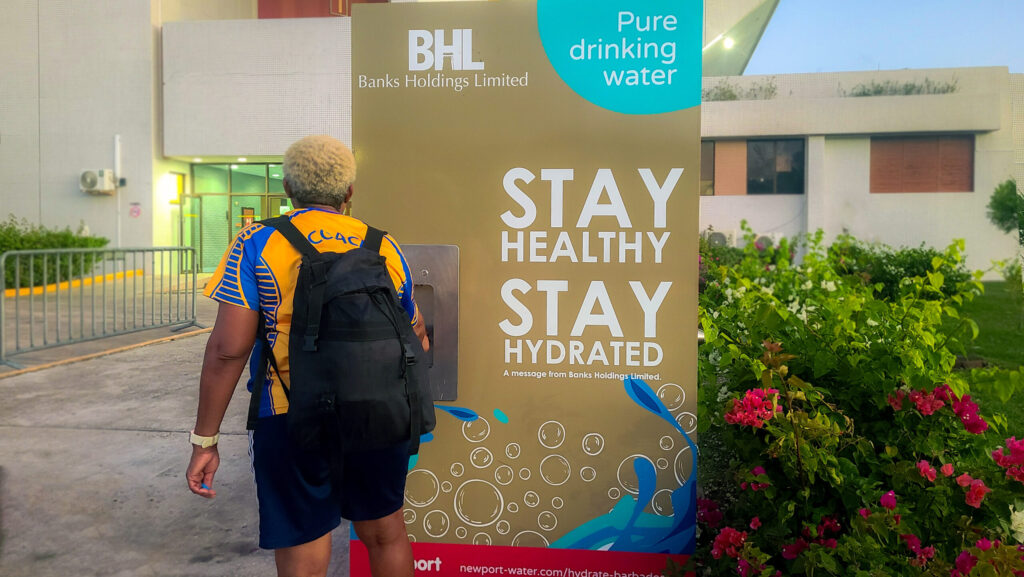The wave of deadly crime currently sweeping the nation has rightly engaged the attention of the political directorate. It is also time that The Barbados Police Service (TBPS) take a long hard look at both the style and substance of its crime-fighting strategies.
For decades, it has been established that community engagement is a cornerstone of effective law enforcement. Yet, despite various initiatives aimed at improving police efficiency and service quality, the reality remains that little has changed since the Royal Barbados Police Force was renamed The Barbados Police Service as the nation became a republic.
At the community level, the quality of service, from the moment a telephone call is made to the police to the subsequent response, continues to fall short of public expectations.
The pledges of modernisation and enhanced training fall flat in the face of a stubborn form of service delivery and interaction with citizens that would not be unrecognisable to a time traveller from 1937.
The introduction of technology, such as body cameras and digital reporting systems, is intended to streamline operations and enhance accountability. Yet, these advancements have not translated into a perceptible increase in public trust or satisfaction. Perhaps this is partly because it is unlikely that the BPS would ever make public body camera footage in cases of controversy and accountability. So the citizens keep their cameras on – recording experiences of inadequate responses to emergencies and a lack of professionalism from too many officers when they do arrive.
Retired Deputy Commissioner Oral Williams emphasised that effective policing requires respect and cooperation from the community. Today, too many instances of perceived rudeness or unprofessional behaviour by officers undermine this essential relationship. Callers to police stations feel as if they are wasting police time.
Our central point is this: If citizens feel disdained or ignored when they reach out for help, they are less likely to cooperate with law enforcement in the future.
The police service must overhaul not merely its image but also its imagination. The research consistently shows that community involvement is vital for successful policing. The police must accept that public perception of police effectiveness is often tied to personal experiences with officers. When police foster strong relationships with communities, they can enhance trust and cooperation–and possibly turn the corner on crime and lawlessness. We are concerned that one of the earliest police forces in the Commonwealth Caribbean and indeed the modern world–merely six years younger than Scotland Yard–struggles to build this rapport.
The police service needs to reimagine its community-based approach–by actually implementing community policing strategies that bridge the gap between officers and residents. Improvements in police training on technology and investigation techniques cannot overshadow a focus on interpersonal skills and community relations. Effective law enforcement in the 21st century is as much about conflict resolution and communication as it is about detecting crime and apprehending suspects.
Establishing robust channels for consistent public feedback, and for responding with humility and respect for people can help TBPS identify areas needing improvement while providing valuable insights into public perceptions and experiences. And we certainly subscribe to the view that transparency in police operations is crucial for restoring public confidence, setting greater priority on accountability measures that allow citizens to report misconduct without fear of retaliation.
A crime strategy which places genuine community engagement and respect on par with gear and vehicles will make a bigger dent in crime. When the Men and Women in Blue go out on the frontline, they will find the People in the rear giving support, sharing intelligence and feeling that they are indeed being served, protected and reassured.
It is not our intention to victimise the police at a time of crisis. Yet, a name change has done little to change our view of the lack of service quality: the police force remains just that, seemingly further entrenched in old ways – a police emergency line that is merely a surly switchboard for connecting to weary constables in stations; a district system that stubbornly clings to the same colonial-era structure, and a police high command that insists on public trust and cooperation while rank and file members fail to treat the public humanely.
We invite The Barbados Police Service to ditch the image of the Ugly Policeman once and for all – by acting the part of the bold but caring constable. A safe environment will be the certain outcome when both law enforcement and citizens work hand-in-hand towards a common goal of peace and security within our homes and shores.
It begins with a commitment to putting service in The Barbados Police Service.
The post To fight crime, put more service in the police service appeared first on Barbados Today.


